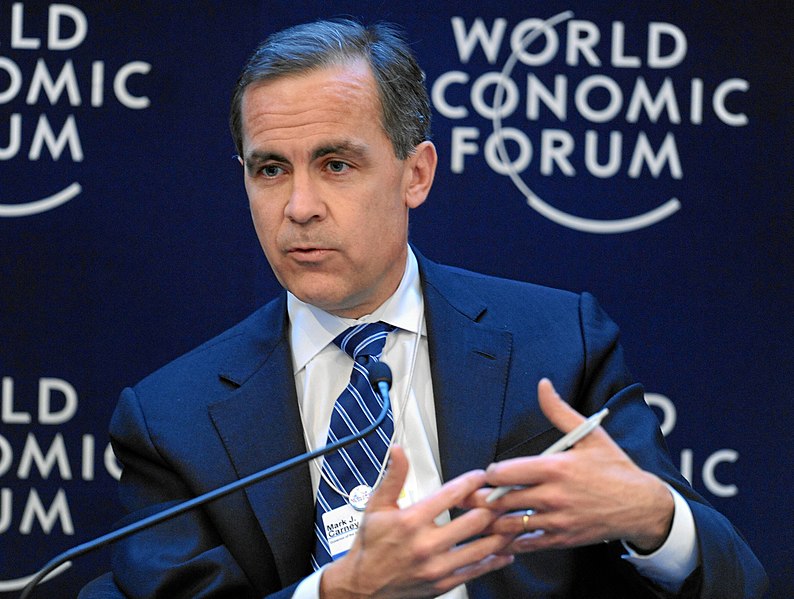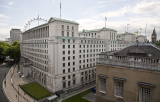
Mark Carney, the first non-British governor of the Bank of England since its founding in 1694 and a former governor of the Bank of Canada, has officially entered the race to become
Canada’s next prime minister. His announcement follows the resignation of Justin Trudeau as leader of the Liberal Party.
Trudeau will remain in office until the party selects its new leader on March 9, with Carney emerging as a top contender alongside former Finance Minister Chrystia Freeland.
Economic credentials and leadership record
Carney, 59, is a seasoned economist with experience on Wall Street. He earned acclaim for steering Canada’s economy through the 2008 financial crisis during his tenure as head of the Bank of Canada. Later, as governor of the Bank of England, he played a key role in stabilizing the UK’s economy during Brexit.
Speaking in Edmonton, Alberta, Carney criticized Trudeau’s economic management, stating, “The prime minister and his team let their attention on the economy wander too often. I won’t lose focus.”
Challenges ahead for the Liberal party
The new Liberal leader faces immediate challenges, as opposition parties have pledged to bring down the Liberal minority government through a no-confidence vote when parliament reconvenes on March 24. A federal election is expected to follow in the spring.
Despite acknowledging that the Liberals are trailing in polls, Carney expressed confidence in his ability to secure victory in the general election.
Carney vs. Conservative leader poilievre
Carney took aim at opposition Conservative Leader Pierre Poilievre, a formidable opponent with a significant lead in the polls. He criticized Poilievre’s approach to dealing with U.S. President-elect Donald Trump, who has threatened to impose steep tariffs on Canadian goods and floated the controversial idea of Canada becoming the 51st state.
“This is no time for life-long politicians like Pierre Poilievre,” Carney said. “Sending him to negotiate with Donald Trump is the worst possible idea.”
Poilievre, in turn, has attacked the Liberals for high taxes and policies he claims divide Canadians. A central theme of his campaign is the removal of the carbon tax, which he argues has burdened Canadian families and businesses.
Climate policy and economic vision
Carney acknowledged the importance of addressing concerns about the carbon tax, suggesting that any replacement policy must effectively reduce greenhouse gas emissions while fostering competitiveness and job creation.
Freeland, Carney’s primary rival for the Liberal leadership, is reportedly considering scrapping the consumer carbon tax and shifting the burden to major polluters.
Carney’s political aspirations
Though Carney lacks formal political experience, he brings a wealth of financial and policy expertise. During his time as Canada’s central banker, he was credited with innovative strategies to keep the economy resilient, including cutting interest rates to historic lows and ensuring continued lending during crises.
More recently, Carney served as the United Nations’ special envoy for climate change, advocating for financial accountability in reducing global emissions.
Carney’s international and domestic track record has earned him recognition as a leader who can navigate complex challenges. However, political analysts caution that transitioning from central banking to frontline politics may prove challenging.
“Being a politician is quite different from being a policy adviser or a central banker,” said Daniel Béland, a political science professor at McGill University. Photo by World Economic Forum, Wikimedia commons.









































